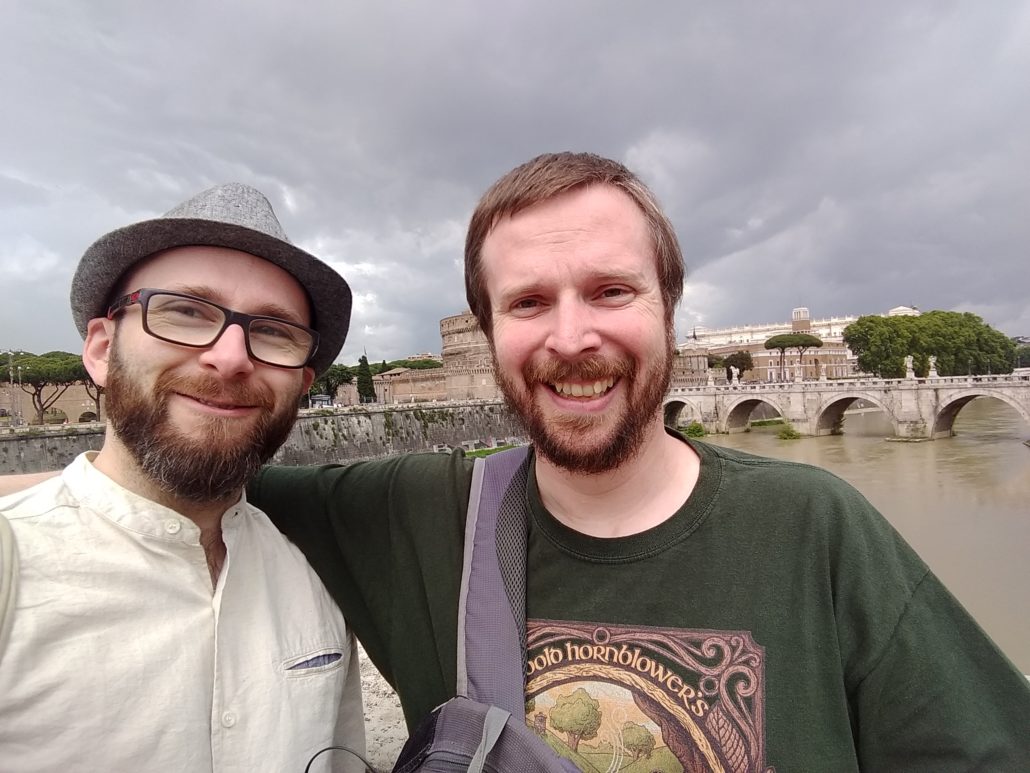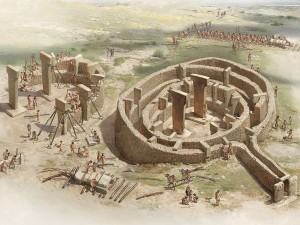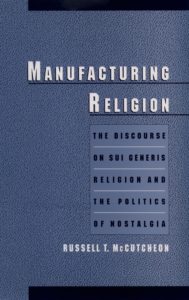
“Practice What You Preach”: CREDs and CRUDs
Religious actions speak louder than words. Dr. Jonathan Lanman on credibility enhancing displays (CREDs), and the role that such public displays of commitment play in the acquisition of both belief and nonbelief.





